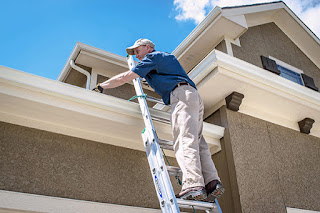Integrated pest management
Integrated pest management (IPM) is an environmentally friendly way to manage pests. It uses a combination of practices and control methods with the aim of preventing problems from occurring and reducing the need for pesticide intensive activities.
IPM control methods include
Cultural methods – they change the conditions to make them less favourable for pests, such as adjusting planting location or timing or crop rotation and cultivation techniques which expose pests to predation.
Physical methods – they prevent pests from entering the area using methods such as barriers and traps, or physically remove them.
Genetic methods – these methods select pest resistant varieties developed by classical breeding or via genetic engineering.
Biological methods – they use predators, parasites or microbial pathogens to suppress pests.
Chemical methods – they use substances to kill or repel pests, selecting the least toxic options first and applying them only when needed.
Regulatory methods – they prevent the entry or spread of pests using quarantine regulations and restrict the movement of materials including crops and livestock.




No hay comentarios:
Publicar un comentario